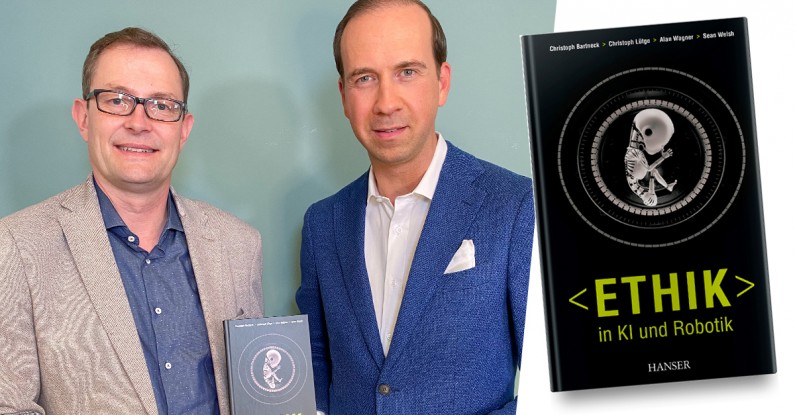With progressive development, artificial intelligence is being used more and more: Whether smart speakers, e-health or autonomous driving, artificial intelligence has become an integral part of our everyday life. However, as much as it helps us in many areas of life and, above all, in industrial production, we are increasingly confronted with complex questions on its use and handling. These questions are primarily of an ethical nature and concern, for example, responsibilities and liability.

Prof. Dr. Christoph Lütge, director at the Institute for Ethics and AI at the Technical University of Munich.
To get to the bottom of this issue, I have invited a true expert. In the Business Class podcast, I talk to one of Germany’s most renowned scientists in the field of AI and ethics: Prof. Dr. Christoph Lütge. He is director at the Institute for Ethics and AI at the Technical University of Munich.
Lütge is an AI optimist and sees it as his duty to reduce prejudice and scepticism, and to educate about AI – and this goes beyond his activities at the university. He participates in worldwide initiatives, working for example on the worldwide standardization of AI solutions. Last but not least, he has written his own book on ethics and AI, in which he covers the use of AI in companies.

Prof. Dr. Christoph Lütge and Podcast-Host Tilo Bonow, CEO PIABO PR
AI has so far been used in specific areas only. In the podcast Lütge talks about the three things that define and complement an AI from his perspective. Further he adds:
“It is actually all about the fact that our systems are not so stupid anymore. We want to avoid the mistakes of these stupid systems.”
Systems that can learn and are capable of handling complex tasks should support us in our everyday activities, but even more so in industrial production, and achieve even better results. And this is where we repeatedly come up against ethical limits. In the podcast, Lütge explains why this is a mammoth task, especially for internationally operating companies. His point of view:
“Business Ethics is often overlooked in AI Ethics!”
This makes it all the more exciting to take a step back, find out on what basis an AI makes decisions in the first place and how these decisions should be classified from an ethical point of view: If, for example, a car has to decide whether an old lady or a young girl gets hurt in an accident? What is Christoph Lütge’s approach towards these questions, and where do AI and ethics interact? Which characteristics are needed to make AI ethical? His standpoint is that, in order for these systems to support us in the future in such a way that we can defend them morally, we need to stimulate the dialogue between different actors and develop different guidelines. However, fundamental to all these activities is a completely different value, as Christoph Lütge emphasizes:
“Trust is the core of ethics and AI – without trust, people won’t use these systems.”
Find out in the latest episode of the Business Class podcast to what extent machines have to take responsibility for their actions, who will be held accountable in the end, whether robots should have rights and much more.
Enjoy listening to the podcast on Apple Podcast, Spotify, Anchor, Soundcloud oder Deezer.


